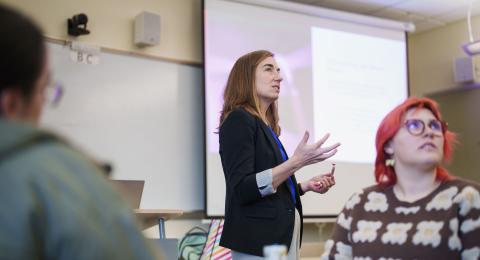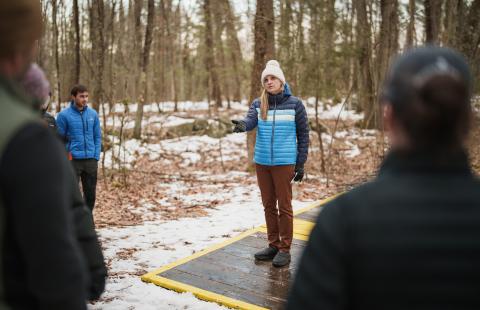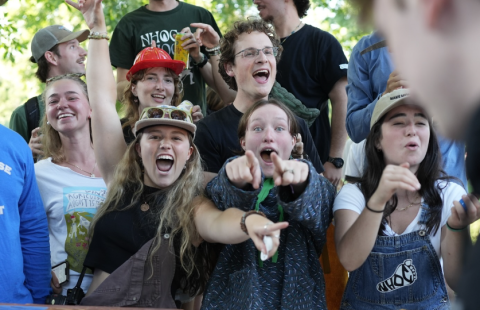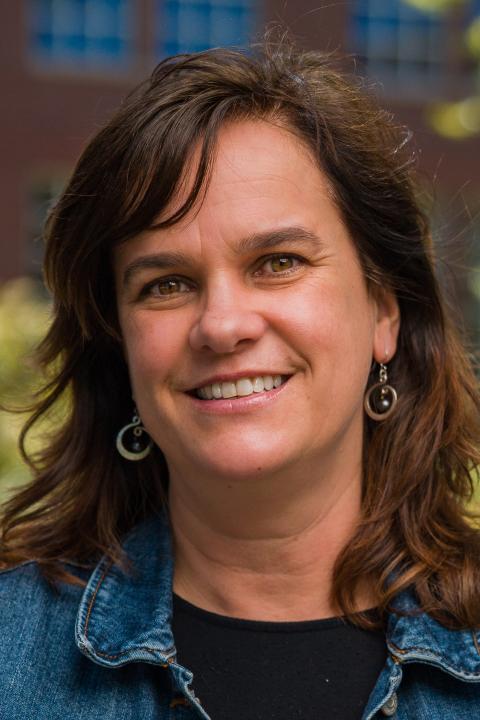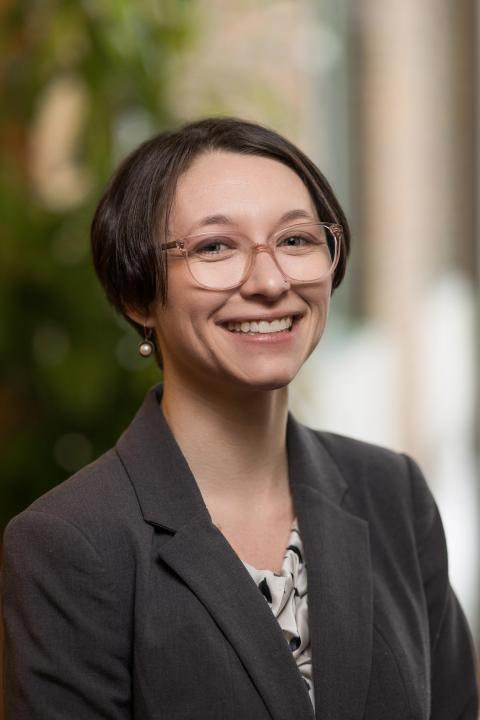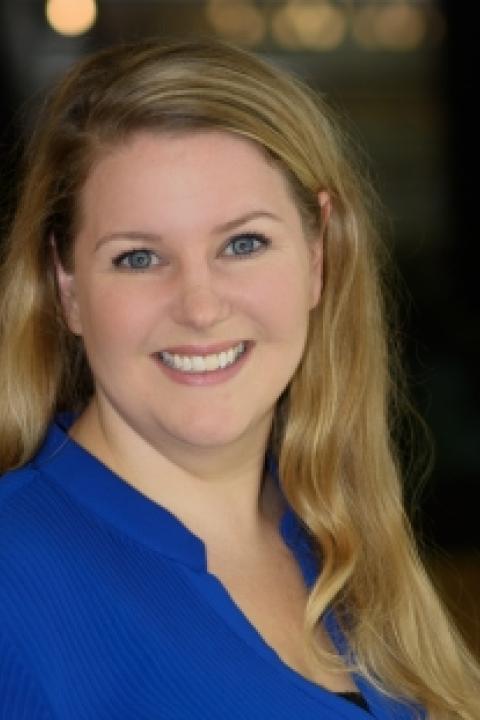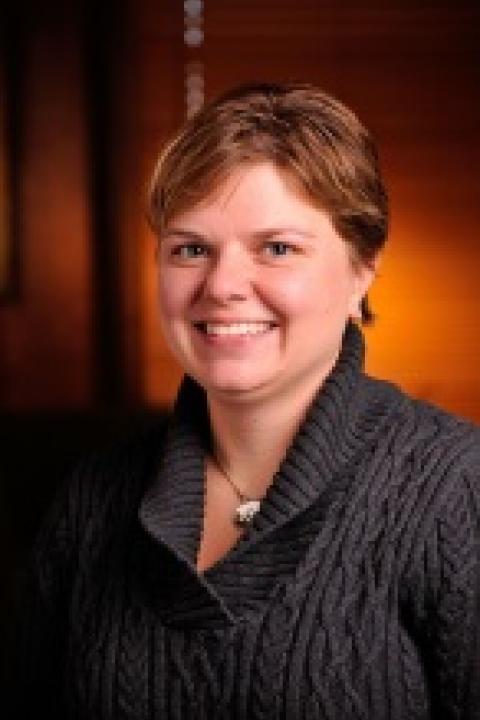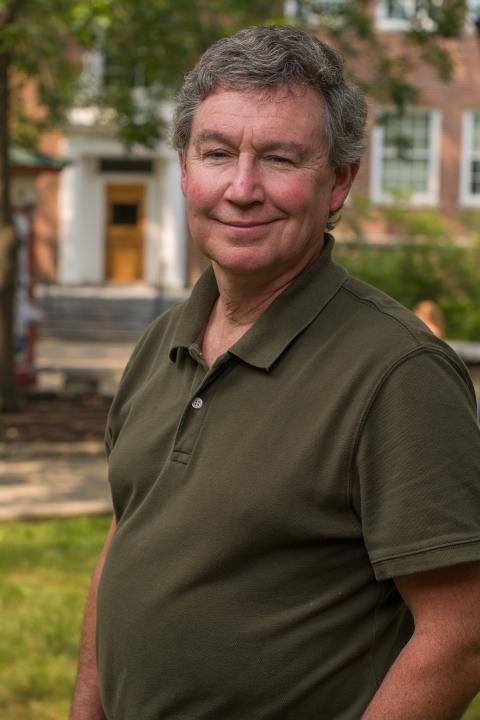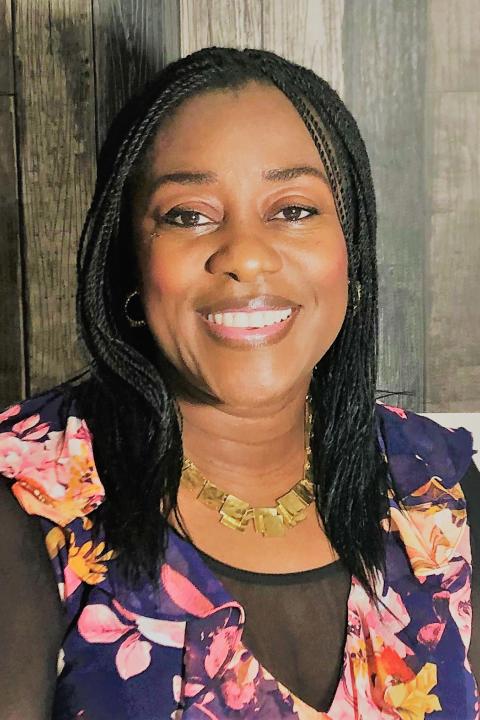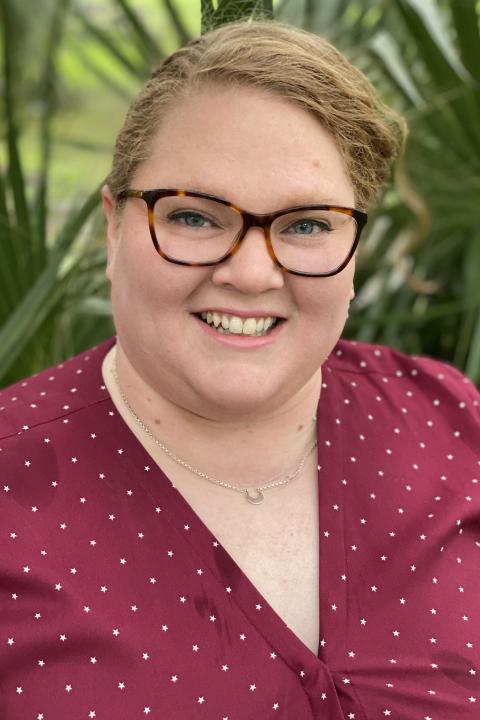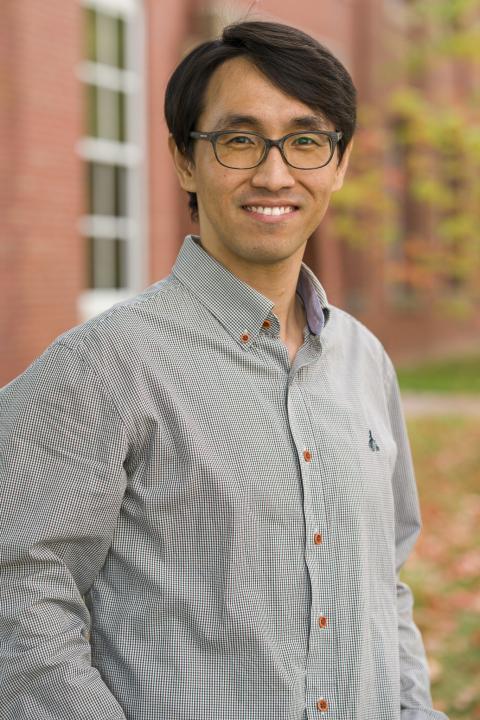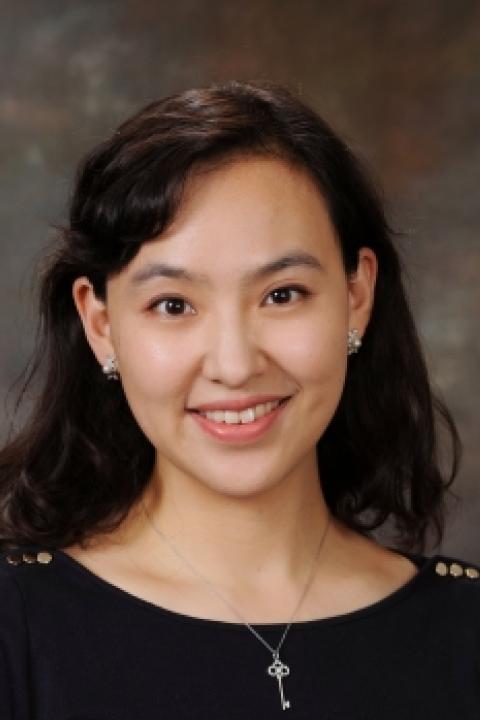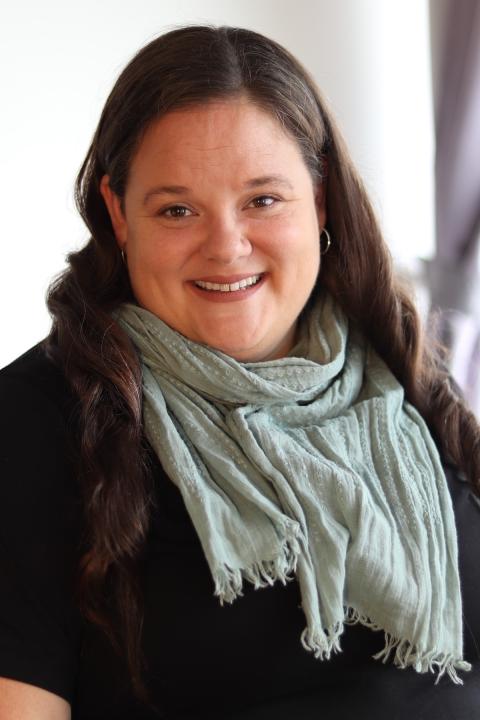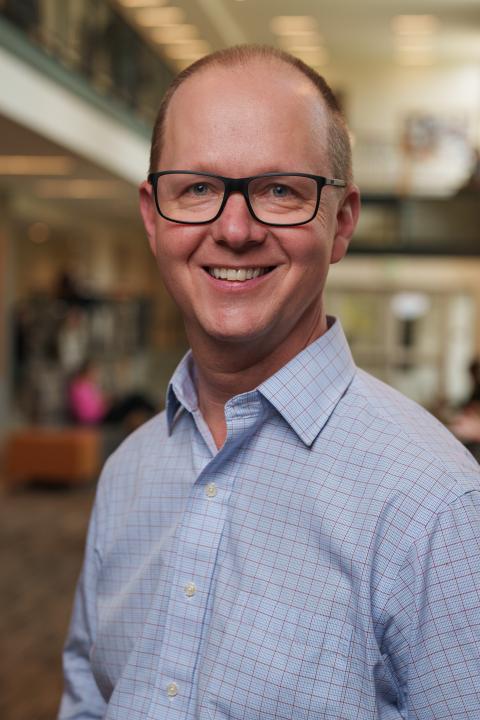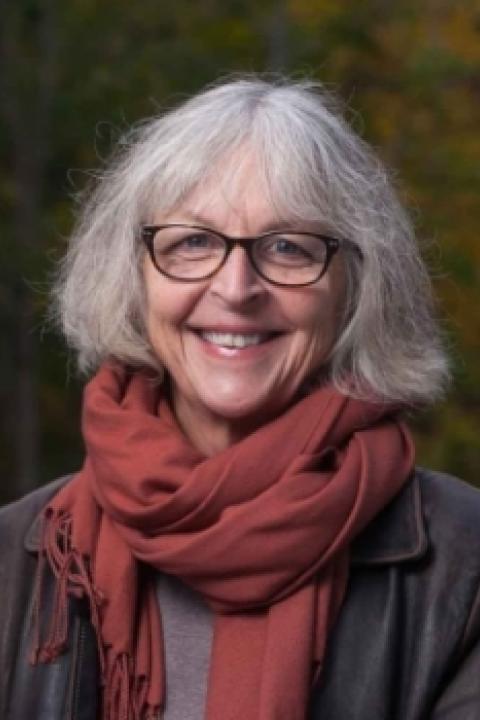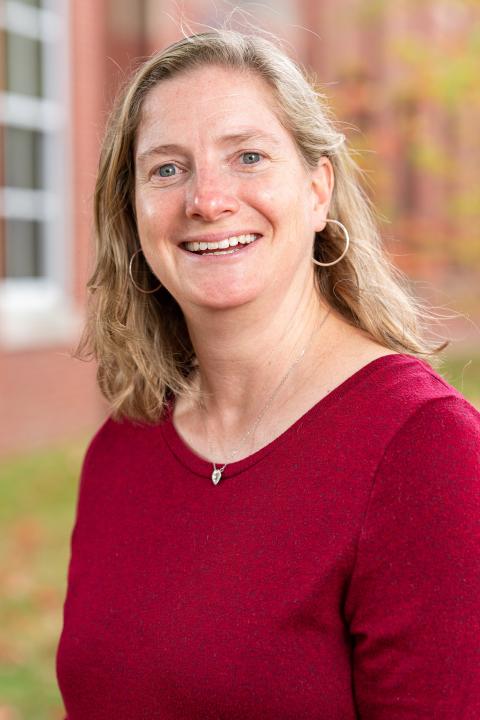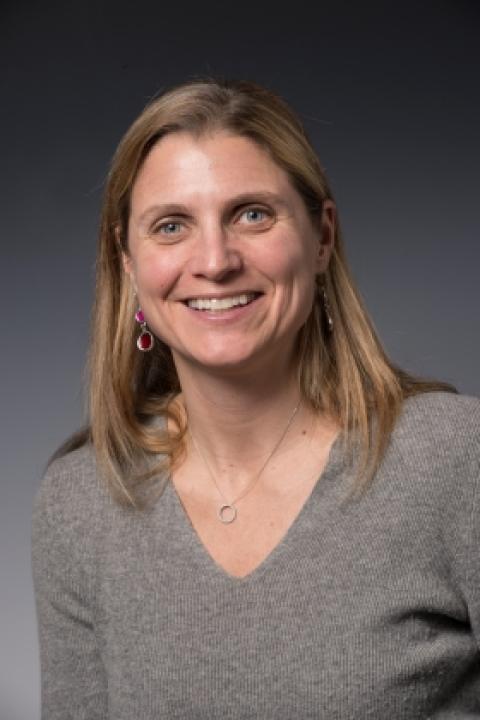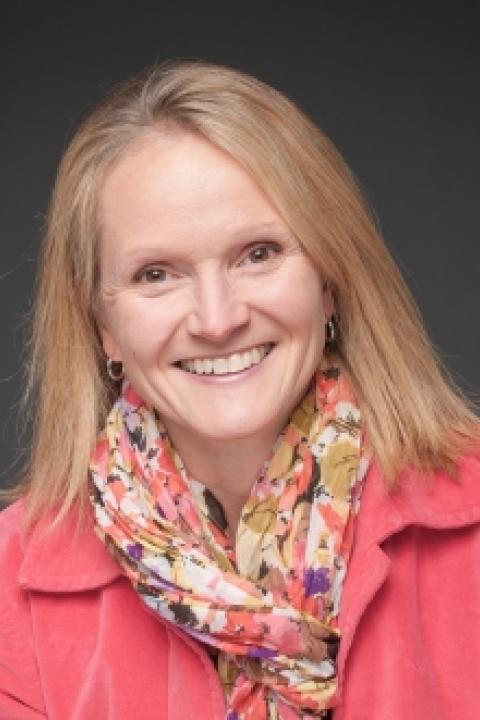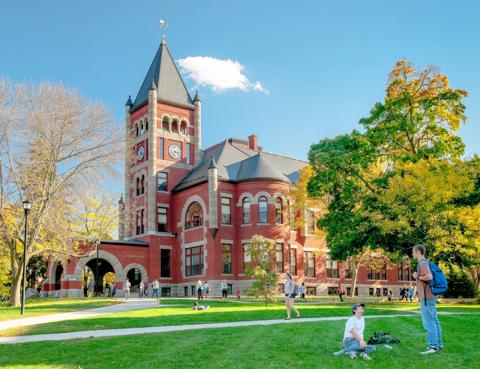The Social Work major at UNH prepares you to advocate for individuals and communities. You'll study social justice, human behavior, and social welfare policy, gaining hands-on experience through local field internships. Our CSWE-accredited program equips you to address critical social issues and pursue diverse careers in healthcare, education, and advocacy, driving societal change and enhancing well-being.
WHAT IS SOCIAL WORK?
Social work is about helping individuals, families, and community members with problems in their daily lives and advocating for those who need a voice. Social work promotes social, economic and environmental justice to enhance quality of life for all and improve human and community well-being. As a student in the UNH social work program, you’ll learn about the history, values and ethics of the social work profession and social welfare policy. You’ll gain a solid foundation in the liberal arts while also studying human behavior and social work practices. As a graduate of the program, you’ll be prepared for generalist social work practice or continued education in social work or a related field.
WHY STUDY SOCIAL WORK AT UNH?
As a student in the social work program at UNH you’ll gain valuable, hands-on experience through a 40-hour human service experience at a social service agency and a 450-hourinternship. Students also benefit from the opportunity to work with faculty on various research projects. We maintain one of the top social work programs in the country, meeting rigorous academic standards required for accreditation by the Council on Social Work Education. Our students benefit from a low faculty/student ratio and small classes sizes. Nearly 100%of our graduates secure meaningful employment in the field or enroll in graduate education soon after completing their degree.
POTENTIAL CAREERS
- Case manager
- Family social worker
- Housing specialist
- Juvenile court liaison
- Child welfare
- Peer support worker
- Rehabilitation specialist
- Social services administrator
- Veterans affairs field officer
- Vocational specialist
From the CHHS Blog
Curriculum & Requirements
The Department of Social Work's undergraduate program is accredited by the Council on Social Work Education (CSWE) and must meet rigorous academic standards to retain this accreditation.
The Department of Social Work's undergraduate program offers both a major and a minor in social work. It is a specialized degree that prepares graduates for generalist social work practice with a solid foundation in the liberal arts and in the knowledge, skills, and value base of social work. Through the mastery of core competencies, social work graduates apply their education working with individuals, families, groups, organizations, and communities. In addition, the program prepares qualified students to pursue graduate education in schools of social work and related fields.
Social work majors earn a B.S. degree in social work. Graduates are eligible for practice in a variety of social work settings throughout the United States. In preparation for graduate school, the program offers an Accelerated Masters that qualified students can consider applying for their junior year. In addition, qualified graduates are eligible to apply for advanced standing in M.S.W. programs that offer advanced standing. Depending upon the program, this can mean earning the M.S.W. in one calendar year versus two academic years.
Sample Degree Plan
This sample degree plan serves as a general guide; students collaborate with their academic advisor to develop a personalized degree plan to meet their academic goals and program requirements.
| First Year | ||
|---|---|---|
| Fall | Credits | |
| SW 424 | Introduction to Social Work | 4 |
| ENGL 401 | First-Year Writing | 4 |
| HHS 401 | College of Health and Human Services Seminar | 1 |
| Discovery Course | 4 | |
| Discovery Course | 4 | |
| Credits | 17 | |
| Spring | ||
| ZOOL 401 | Human Biology | 4 |
| Discovery Course | 4 | |
| Discovery Course | 4 | |
| Diversity Requirement | 4 | |
| HHS 402 | Foundations of Career and Professional Success | 1 |
| Credits | 17 | |
| Second Year | ||
| Fall | ||
| SW 501 | Research Methods in Social Work | 4 |
| SW 525 | Social Welfare Policy: History of Social and Economic Justice | 4 |
| SW 550 | Human Behavior and Social Environment I | 4 |
| Discovery Course | 4 | |
| Credits | 16 | |
| Spring | ||
| SW 551 | Human Behavior and Social Environment II | 4 |
| SW 630 | Race Equity in Health and Human Services | 4 |
| Elective | 4 | |
| Elective | 4 | |
| Credits | 16 | |
| Third Year | ||
| Fall | ||
| SW 622 | Social Work Practice: Interventions with Individuals and Families | 4 |
| Elective | 4 | |
| Elective | 4 | |
| Elective | 4 | |
| Credits | 16 | |
| Spring | ||
| SW 623 | Social Work Practice: Interventions with Groups, Organizations and Communities | 4 |
| SW 625 | Social Welfare Policy: Analysis, Activism, and Advocacy | 4 |
| World Culture Course (ANTH 411 or Study Abroad) | 4 | |
| Elective | 4 | |
| Credits | 16 | |
| Fourth Year | ||
| Fall | ||
| SW 740 | Social Work Internship Experience | 4 |
| SW 740A | Social Work Internship Experience I: Seminar | 4 |
| Elective | 4 | |
| Elective | 4 | |
| Credits | 16 | |
| Spring | ||
| SW 741 | Social Work Internship Experience II | 4 |
| SW 741A | Social Work Internship Experience II: Seminar | 4 |
| Elective | 4 | |
| Elective | 4 | |
| Credits | 16 | |
| Total Credits | 130 | |
Degree Requirements
All Major, Option and Elective Requirements as indicated.
*Major GPA requirements as indicated.
Major Requirements
Candidates for a degree must satisfy all of the University Discovery Program requirements in addition to satisfying the requirements of the social work major.
Students must maintain a 2.6 Semester GPA and earn a C or better in the 13 social work major courses. In addition, students are expected to successfully complete three additional courses as part of a liberal arts foundation for the major. Students are required to complete 40 hours of advisor approved human service hours by end of first semester junior year.
To connect the theoretical and conceptual content of the classroom with the practice world, students must complete:
- 40 hours of human service related work in an approved agency/program setting by the end of the semester when they apply to the internship. Twenty of the forty hours must be in the same agency/program. The remaining hours may be across multiple sites/programs. This experience may be paid or volunteer and must be pre-approved by the student's faculty adviser. The service hours must be completed post high school and by the end of the semester when to internship applications are due.
- Students complete a 400-hour internship over two consecutive semesters during the senior year. This is the senior capstone experience. The internship placement in the final year of the baccalaureate program is arranged between the student and the internship education coordinator. In compliance with CSWE accreditation standards, the B.S. in social work program does not grant social work course credit for life or work experience.
| Code | Title | Credits |
|---|---|---|
| Required Courses | ||
| SW 424 | Introduction to Social Work | 4 |
| SW 501 | Research Methods in Social Work | 4 |
| SW 525 | Social Welfare Policy: History of Social and Economic Justice | 4 |
| SW 550 | Human Behavior and Social Environment I | 4 |
| SW 551 | Human Behavior and Social Environment II | 4 |
| SW 622 | Social Work Practice: Interventions with Individuals and Families | 4 |
| SW 623 | Social Work Practice: Interventions with Groups, Organizations and Communities | 4 |
| SW 625 | Social Welfare Policy: Analysis, Activism, and Advocacy | 4 |
| SW 630 | Race Equity in Health and Human Services | 4 |
| Category I: Anthropology & Sociology Requirement | ||
| Select one course from the following: | 4 | |
ANTH 411 | Global Perspectives on the Human Condition: An Introduction to Anthropology | |
ANTH 500 | Peoples and Cultures of the World | |
SOC 400 | Introductory Sociology | |
SOC 515 | Introductory Criminology | |
SOC 520 | Family | |
SOC 525 | Juvenile Crime and Delinquency | |
SOC 535 | Homicide | |
| Category II: Human Biology Requirement | ||
| Select one course from the following: | 4 | |
ZOOL 401 | Human Biology | |
BMS 507 | Human Anatomy and Physiology I | |
BMS 508 | Human Anatomy and Physiology II | |
| Category III: Diversity Requirement | ||
| Select one course from the following: | 4 | |
ANTH 625 | Sexuality in Cross-Cultural Perspective | |
CMN 567 | Gender, Race, and Class in the Media | |
ENGL 550 | Introduction to the Literature and Culture of Race | |
GERO 500 | I'm Old, So What! An introduction to aging in the United States | |
HIST 440A | Martin Luther King, Jr., and the Struggle for Racial Justice | |
HIST 505 | African American History | |
HIST 532 | Modern Latin America | |
INCO 505A | Becoming a Problem Solver | |
PHIL 510 | Philosophy and Feminism | |
RMP 444A | Taking the "Dis" out of Disability | |
SOC 645 | Class, Status and Power | |
SW 660 | Exploring Issues in Housing and Homelessness | |
SW 715 | Affirming Practice with Lesbian, Gay, Bisexual, Transgender, Queer+ People | |
WGS 401W | Introduction to Women's Studies | |
WGS 405 | Gender, Power and Privilege | |
WGS 444A | Race Matters | |
WGS 632W | Feminist Thought | |
| Senior Capstone Course Sequence | ||
| SW 740 | Social Work Internship Experience | 4 |
| SW 740A | Social Work Internship Experience I: Seminar | 4 |
| SW 741 | Social Work Internship Experience II | 4 |
| SW 741A | Social Work Internship Experience II: Seminar | 4 |
| Total Credits | 64 | |
Program Learning Outcomes
- Student demonstrates ethical and professional behavior.
- Engage Anti-Racism, Diversity, Equity, and\\nInclusion (ADEI) in Practice
- Student advances human rights and social, economic and environmental justice.
- Engage in practice informed research and research-informed practice.
- Engages in policy practice.
- Engage with individuals, families, groups, organizations, and communities.
- Assess individuals, families, groups, organizations, and communities.
- Intervenes with individuals, families, groups, organizations, and communities.
- Evaluates practice with individuals, families, groups, organizations, and communities.
Explore Program Details
Students interested in our Social Work major may also be interested in these advanced degree offerings:
- Social Work (Advanced Standing) (M.S.W.)
- Social Work and Juris Doctor Dual Degree (M.S.W./J.D.)
- Social Work (M.S.W.)
- Social Work and Recreation Management & Policy Dual Degree (M.S./M.S.W.)
- Child Welfare (Graduate Certificate)
- Substance Use Disorders (Graduate Certificate)
- Intellectual and Developmental Disabilities (Graduate Certificate)
- Advanced Standing Master of Social Work - Online (M.S.W.)
- Social Work - Online (M.S.W.)
